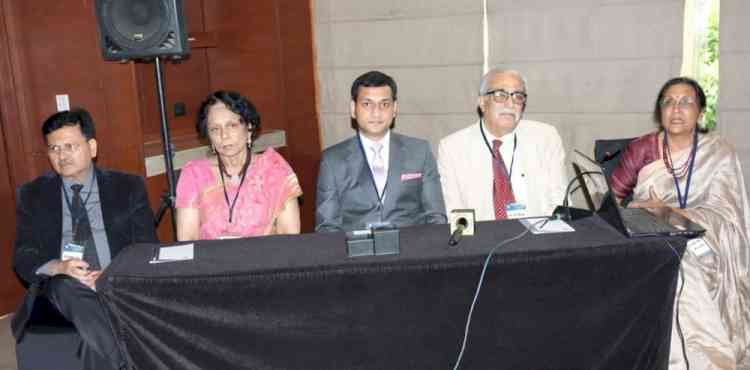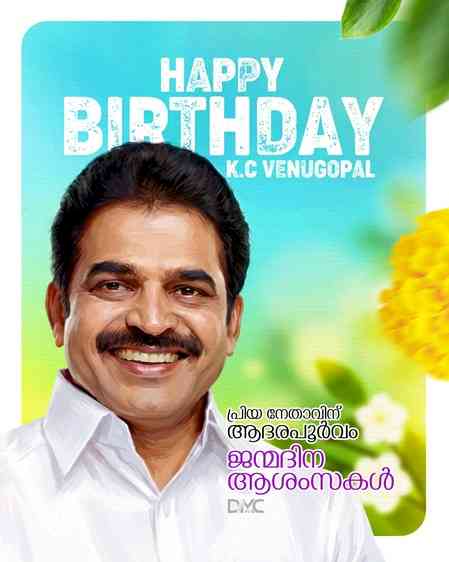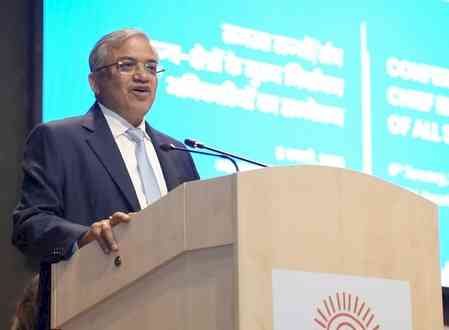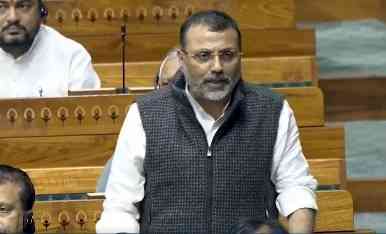Panel discussion on ART and Surrogacy Regulation Acts 2021 organized by Greater Chandigarh Chapter of Indian Fertility Society
10-14% couples suffer from infertility in India. Today IVF has reached industrial proportions and India’s ART market is at 3rd position which is growing 28% annually.

Chandigarh, August 7, 2022: 10-14% couples suffer from infertility in India. Today IVF has reached industrial proportions and India’s ART market is at 3rd position which is growing 28% annually.
Involvement of third parties creates a lot of potential for misuse and exploitation and a host of ethical and legal issues in this field. The objective of ART and Surrogacy Regulation Acts 2021 is mainly to regulate and supervise ART clinics and to provide a legal framework- to ensure certain ethical standards for ART and to prevent misuse. For freezing gametes, embryos, embryonic tissues for further use due to infertility, disease or social or medical concerns For regulation and supervision of research and development.
Greater Chandigarh Chapter of Indian Fertility society today organized a day long 17th ART Update at Chandigarh wherein delegates including Obstetricians and Gynecologists from the region dealing with infertility, discussed the recent ART (Assisted Reproduction Technology) and Surrogacy Regulation Acts 2021 of Govt of lndia.
A Panel Discussion was also held on this important subject for public awareness in which eminent speakers including Dr Umesh Jindal, Dr Gulpreet Bedi, Vineet Nagpal, Dr K D Nayar, Dr Kuldeep Jain, Dr LK Dhaliwal, Dr Yashbala , Sh Gaurav Aggarwal (Advocate) discussed on the various aspects of the act.
Dr K D Nayar, President Indian Fertility Society highlighted main areas in the act. He said that the Law aims to provide IVF centers a legal framework within which they can practice and provide services of assisted reproduction techniques including those of donor eggs and surrogacy. The law basically provides and ensures safety of donors and surrogates by making commissioning couples (infertile couple undergoing procedure) responsible for compensation for any complications arising out of the procedures. This is achieved by purchasing an appropriate insurance policy recognized by IRDA by the commissioning couple in favour of surrogate and donors.
He further added that the second main objective is to stop misuse of gametes (sperm and eggs) and embryos by ART centers and unscrupulous elements. Mixing of gametes or use of one couple’s gametes or donors for another couple etc is strictly prohibited and punishable.
The law provides a safe umbrella for working for scientific and ethical work but provides strict penalties for those not following rules and regulations and various provisions of the ACT.
Dr Umesh Jindal Organizing Chairperson Greater Chandigarh Chapter of Indian Fertility society &Director, Jindal IVF Chandigarh raised the main concerns because of the delay in implementation of the ACT. The States and other stakeholders like IRDA were given 6 months time to register the centers and provide specific insurance policy as per requirements of the ACT. The work in the IVF centers has come to stand still. There is a lack of clarity in a lot of issues. On third August the official Government of India Gazette notification gave an extension of 3 months to 17 states for implementation. But what about other states? Even in Chandigarh until now no Board or Appropriate Authority has been notified. We are bound by new laws. Neither can we work according to the new laws nor the old system.
Dr Gulpreet Bedi Director Bedi Nursing Home highlighted Patients perspective- like “Delay in treatment till the whole system is in order. Treatment cost will increase due to the number of restrictions at the egg donor selection, semen donation and insurance cover for egg donors, procurement of affidavits and legal advice etc. Other aspects discussed included: Surrogacy which is not available for single men, LGBTQ, woman or man with a child from a previous marriage. Altruistic surrogacy allowed, with an insurance cover for the surrogate for 3 years.
Dr Yashbala urged the press to create awareness about provisions of this law and allay the anxiety related to seemingly increased costs of the ART procedures. She said that it is a very tight rope to walk on. On one hand the Government has to safeguard the interests of the infertile couples, donors and surrogates and on the other hand ensure implementation of the provisions of the act in a legal framework without harassment of the caregivers (ART centers).
Dr Sheetal Jindal from Jindal IVF expressed her views supporting the decision to stop misuse of embryos and gametes. The role of unscrupulous elements exploiting donors and surrogates should be stopped and the Government has done good to enact this Law.
Dr Anupam Gupta the organizing secretary of the conference supported the decision to debar older couples with wife age more than 50 years and husband’s age more than 55 years in the interest of older mothers and the wellbeing of the unborn child. At the same time she highlighted the plight of couples with discordant age. A younger woman married to an older man is debarred in availing services because of being married to a man who is more than 55 years.
Dr Kuldeep Jain ex-President Indian Fertility Society reassured the doctors that there is nothing to be feared for those people who work according to medical ethics. The law is still evolving and it will take some time for the Law to be fully implemented.
Dr L K Dhaliwal highlighted the training and experience requirements of gynecologists and embryologists. The IVF now is equated to be a super specialty and a minimum of three years of experience/training is required.
Advocate Gaurav Gupta explained the procedure of obtaining the affidavits and also how these are meant to protect not only surrogates, donors but also commissioning couples and IVF centres making insurance companies to pay for any unforeseeable complications, making this arrangement a win-win situation for everyone. The only drawback is additional cost and legal hassles.
The event also included lectures by National faculty and workshops for the upcoming young specialists. 250 delegates from the Region attended the Event.



 City Air News
City Air News 










